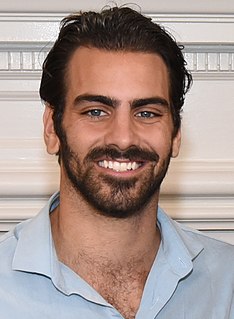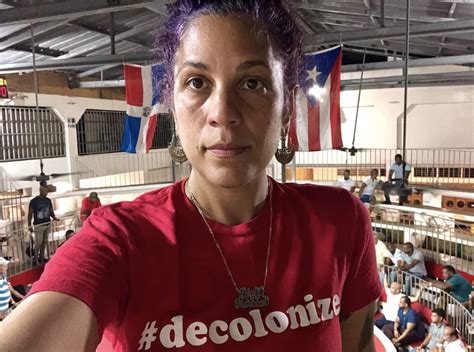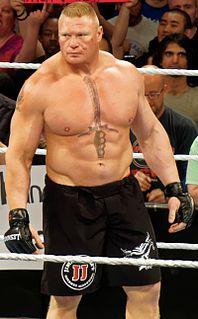A Quote by Nyle DiMarco
As a sexually fluid deaf man, I know that embracing all our identities is the way to thrive and to overcome the limitations and prejudices that surround us.
Quote Topics
Related Quotes
A false identity is any lie that contradicts our God-given identities through Scripture. These false identities can be created by ourselves because of sin in our lives, choices made, or wrong turns taken and the regret, guilt, and shame that follows. Other false identities are handed to us by outside sources, maybe a damaging word spoken to us by someone or a childhood of abuse. However, not all false identities are negative on the surface, such as successful, attractive, wealthy, athletic, or talented. But even those identities can become false when we place too much of our weight on them.
Wounding and healing are not opposites. They're part of the same thing. It is our wounds that enable us to be compassionate with the wounds of others. It is our limitations that make us kind to the limitations of other people. It is our loneliness that helps us to to find other people or to even know they're alone with an illness. I think I have served people perfectly with parts of myself I used to be ashamed of.
This world and life of ours are filled with inequalities. The worst possible use to make of this fact, however, is to allow resentments to possess us. All of us have imagined limitations, but we have also the privilege of pushing them aside, and spreading our lives out! We never know any of our limitations until we put ourselves to the test. There are always "growing pains" working within us.
Any fitness expert will tell you that a strong core is the start to a strong and healthy body. The same is true with our identities. It's about strengthening our core, which requires digging past all of the surface identities that crowd our nametags and remembering that at the deepest level we are God's masterpiece. The stronger our knowledge of the core of who we are, the better we'll be able to deflect the old names and false identities that try to own us.
People of different religions and cultures live side by side in almost every part of the world, and most of us have overlapping identities which unite us with very different groups. We can love what we are, without hating what – and who – we are not. We can thrive in our own tradition, even as we learn from others, and come to respect their teachings.
My love stories are about people who are reluctant to actualize what they so desperately want. They are timid, cautious, but eventually they dare to speak. My characters are not only hesitant; they are ambivalent about which way their libido flows: toward men or women? They are fluid in their sexuality, and this ambivalence says more about how we think about sex today than, say, Tinder. And this is a truly modern idea: Most of us don't know who we are sexually.



































